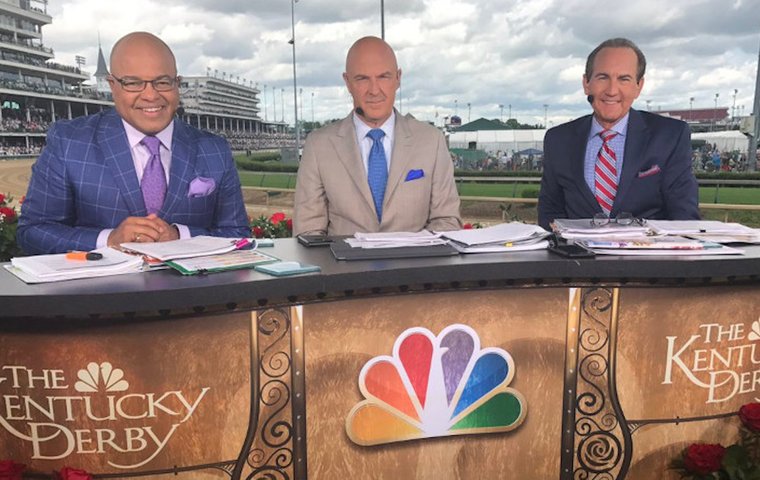
Major interview with the veteran broadcaster, a familiar figure on TV screens in his analyst’s role for NBC Sports at racing’s main events, headed by the Triple Crown and Breeders’ Cup
The perils of a misspent youth are widely, luridly advertised by anxious parents, forever fretting about their children ending up on the wrong side of the tracks.
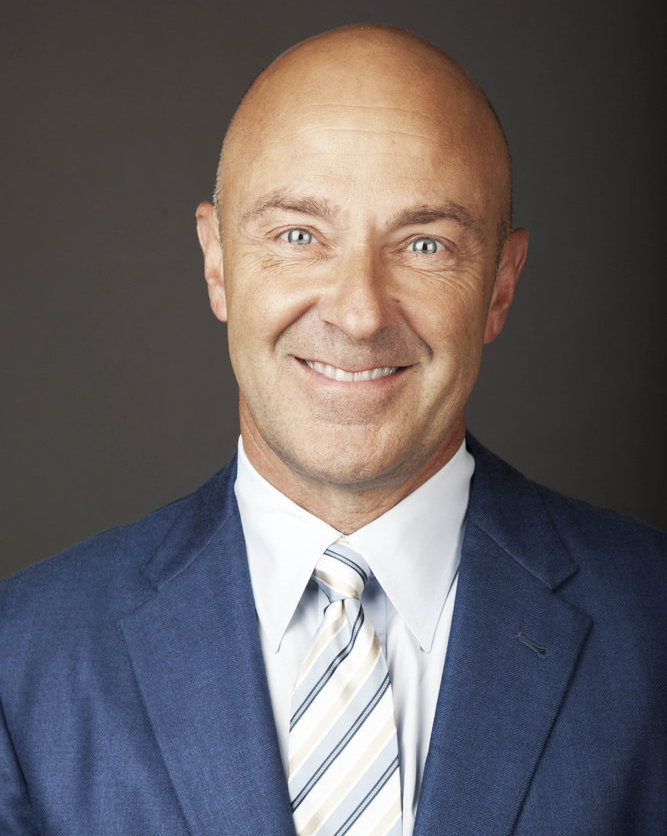 Mr and Mrs Moss of Hot Springs, Arkansas may have worried about their son Randy when he showed signs of falling under horse racing’s bewitching spell, but no doubt consoled each other with the belief that at least regulation and law enforcement would be on their side. Well, that bet went down.
Mr and Mrs Moss of Hot Springs, Arkansas may have worried about their son Randy when he showed signs of falling under horse racing’s bewitching spell, but no doubt consoled each other with the belief that at least regulation and law enforcement would be on their side. Well, that bet went down.
“I was infatuated with racing from an early age,” says Moss, now 65 and NBC’s anchor analyst for the nation’s biggest races.
“Oaklawn Park was my local track, and the age restriction of 16 was strictly enforced. But I was 12 the first time I got through the doors when the chief of police sneaked me in, talking us past the security guards.
“He told them I was the only eye-witness to a crime and the suspects were inside the grandstand. Everything in my racing life has just happened by chance – the whole thing has been an exercise in the complete lack of central planning.”
There is a divinity that shapes our ends, and in Moss’s case it was the amiable sheriff, the shrewd editor of the local paper and, eventually, a drunk racegoer gatecrashing a major race. But one unplanned, rough-hewn step at a time.
A year after his cop-approved Oaklawn incursion the now-teenage Moss began writing a handicapping column for the Arkansas Gazette under someone else’s byline, using his own-brand speed figures – “I always had a mathematical mind” – which almost certainly qualifies as misspent youth. If in doubt, ask a parent.
Superpower of serendipity
The family business was pharmacy and Moss made it as far as the University of Arkansas pharmacy school, but it was more of a courtesy than a career choice. He quickly quit academia for the newspaper game and the novelty of his own byline, paid his dues, diversified, and in 1999 got the sort of lucky break that echoes his earlier nod to the superpower of serendipity.
“Things happen that you don’t expect,” he says, in that smooth, calm, familiar tone. “I’d begun to do occasional shifts for ESPN and they asked me to fill in on the Preakness undercard because another analyst had a commitment to cover hockey.
“One of the races was the Maryland Breeders’ Cup Handicap, during which an inebriated fan climbed the rail at the sixteenth-pole, stood facing the oncoming horses, took a wild swing, missed the horse but hit the rider, and was then detained by security.
“Obviously the incident was replayed over and over, and I was in the chair talking it through for a long time, and ESPN must have liked how I handled it. A few days later they gave me a full-time job.”
A dozen years with ESPN preceded a move to NBC and Moss’s position as the figurehead of the network’s Triple Crown and Breeders’ Cup coverage, where his double act with great ex-jockey Jerry Bailey – who, for students of coincidence, rode the winner of the drunk-guy race at Pimlico – illuminates every broadcast.
“Jerry and I go back a long way,” he says. “We have a very strong friendship and a great working relationship. It makes a fun job even more enjoyable.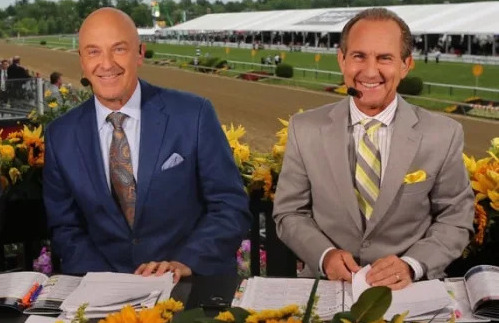
“We have a similar sense of humour. Sometimes, less than 30 seconds before the broadcast light goes on, we’re laughing so hard we can’t talk. I’ve made a crack about jockeys, he’s played some practical joke on me, it’s just great fun.”
Broadcasting balancing act
And plenty of hard work. Ask the analyst to analyse the analyst's role and the answer comes from a lifetime’s experience of the broadcasting balancing act.
“You can’t simplify things to the level that you’d insult the hardcore racing fan, but you need to make things relatable, explicable to a viewer that may have some knowledge but not be intimately familiar with the sport.
“I like to envision the person I’m talking to as someone who likes racing but has the capacity to say ‘oh, I didn’t know that’. I’m telling a story, developing an emotional investment even if my person hasn’t had a bet.
“Jerry and I are broadcast perfectionists – we treat the undercard races with as much intensity as we do the Kentucky Derby or the Preakness itself. There are so many phone calls, text messages, personal meetings.
“At the beginning of Derby week it’s coffee at 6am, at the barns by 6.30am, and we’re still working at eight in the evening. Extensive, you might say.”
Yet once in a while it isn’t enough. The old showbiz adage about never working with children or animals occasionally returns to haunt Moss, and two words are the trigger for a shiver down the spine. Rich. Strike.
One-horse wrecking ball
“That was a notable exception to the rule,” he says, laughing hard now, but not then. The 80-1 poke who drew into the 2022 Derby on the day before was a one-horse wrecking ball for all that painstaking preparation.
“You try to prepare for every eventuality. We’d done our homework on every horse. Then Rich Strike drew in.
“I didn’t have a number for [trainer] Eric Reed. We asked ourselves whether we really needed to do anything about it, maybe take the opportunity to save ourselves a little time. When he came down the stretch we just shrugged at each other. It can happen. It did happen.
“There was enough to talk about, at least, all about the sheer improbability of what had just happened. It was a professional lesson for us all.”
As well as his television work, Moss is also a member of the small and select team that compiles Beyer Speed Figures, putting in a couple of hours a day on the sacred numbers, a part of his life since the early 1980s when the fax machine was the medium to send the message.
He shrugs off the label ‘busiest man in racing’, reckons he’s semi-retired by previous standards, has just finished a stint covering the Olympic equestrian events for NBC, although his unglamorous base in a small room in Stamford, Connecticut, the usual televisual sleight of hand, meant he never saw Paris.
Into the inner sanctum
Horses of all stripes run through his life like a golden thread, but if it can’t be horses, it’s the NFL that quickens his pulse. Moss grew up absorbed in college football, cheered for the Arkansas Razorbacks, never aware that one day his job might take him from the bleachers into the inner sanctum. He lives his boy’s daydream and knows it.
“I’ve been to every stadium, been into the locker rooms, such a great experience,” he says. “People would pay big money to have that job.
“I’d be on the sidelines at a big NFL game and the following week go to Santa Anita for the Breeders’ Cup. I’d be pinching myself.”
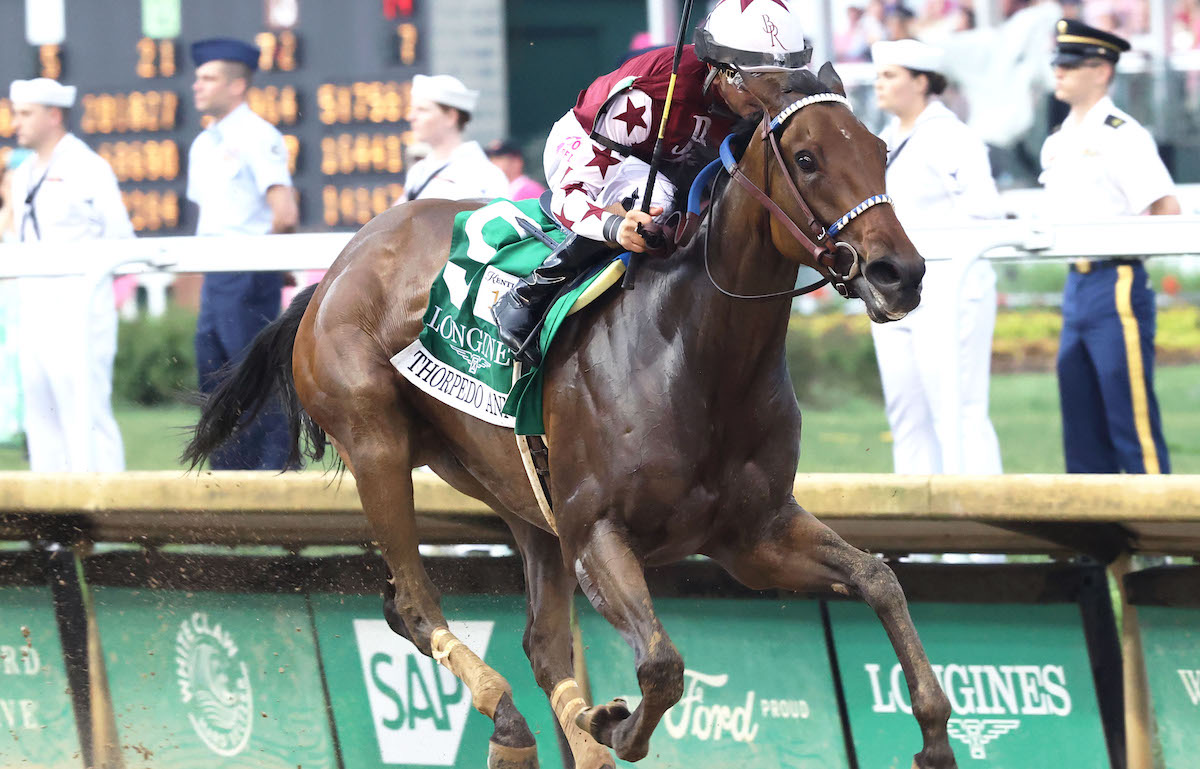 He won’t be at Saratoga this summer, the NYRA tracks locked into a broadcasting deal with Fox, but he likes Thorpedo Anna to beat the boys in the Travers and loves the atmosphere of the Spa.
He won’t be at Saratoga this summer, the NYRA tracks locked into a broadcasting deal with Fox, but he likes Thorpedo Anna to beat the boys in the Travers and loves the atmosphere of the Spa.
“I love to read about the famous figures of history, horses, people, and Saratoga is always a vivid reminder of the way that history lives on,” he says.
Redolent of a great history
“Walk through those gates, visit the barns on the backstretch – it is all redolent of a great history and that’s the big attraction of the place. I think it’s more popular now with fans than it ever was, huge crowds coming to see the best horses.
“And the town of Saratoga Springs itself is so charming and quaint. Broadway can’t have changed for 50 years. It’s really something special – 40 days and then it’s gone for another year.”
Moss is equally rapturous about the allure of Del Mar, the other great pinnacle of the American racing summer, points to the California beach vibe and the heritage of upstate New York as two bright points of light in an otherwise fairly gloomy prospect for the sport Stateside.
His position is, forgivably, marbled with an old newspaperman’s nostalgia for the way we were, but he is still positive about the potential for the way things could be. “Racing is not nearly in such a good place as it was even 25 years ago,” he says.
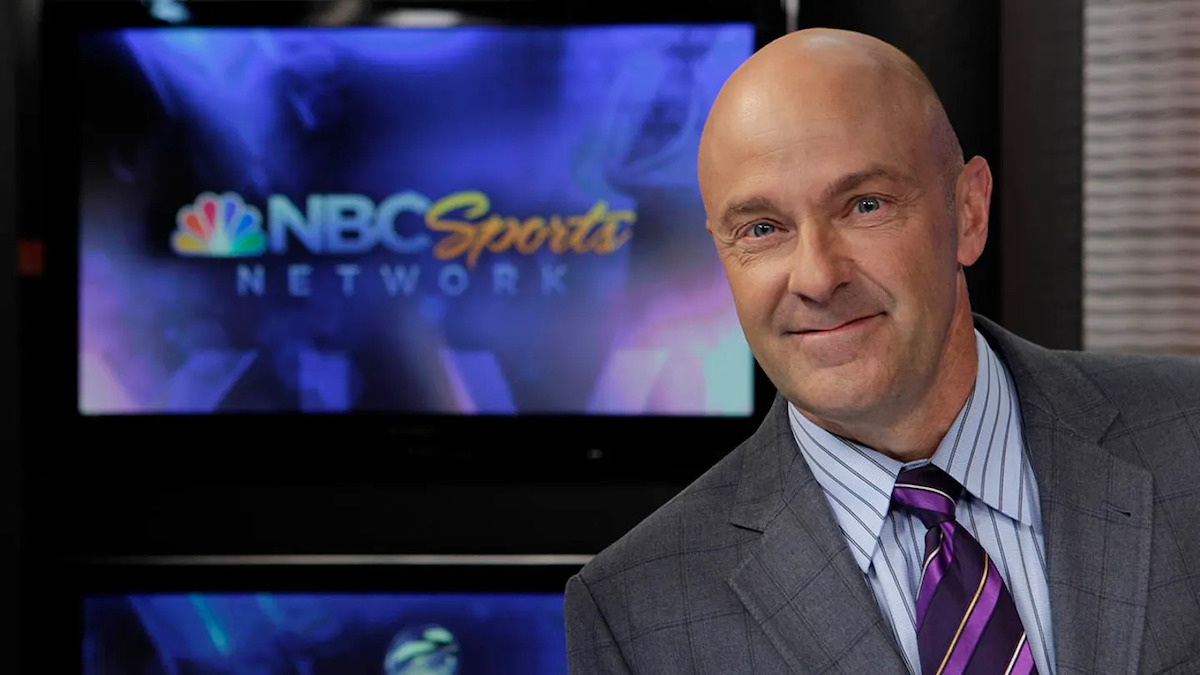 “Economically, there’s greater competition for the US sports dollar. Socially, it’s undermined by an increased focus on horse welfare to which racing has struggled to adjust.
“Economically, there’s greater competition for the US sports dollar. Socially, it’s undermined by an increased focus on horse welfare to which racing has struggled to adjust.
“I’m not sure the sport will ever get back to its glory days, when baseball and racing were the two big draws with extensive coverage in the press. When I started back in 1980 every major newspaper had at least one full-time racing writer, and many had several.
“Now I can’t think of a single paper with even one full-time, assigned racing writer. That’s quite a change in quite a short space of time, and it means a lot to me.
“But there can be good news. Nowadays sports ‘consumers’ are infatuated by big events – they may not watch a lot of tennis but are into the majors, they get excited by the World Series, the NBA playoffs.
“The biggest events still resonate and that applies to the Kentucky Derby, which still means as much as it ever did. And there are places, like Saratoga and Del Mar, where racing is still a big, big deal. That’s very encouraging, and hopefully people will respond to that.”
Blurred lines
Moss has written and talked about them all over the last 40-odd years, and has no hesitation in naming the 2015 Triple Crown sweep of American Pharoah as his most cherished moment, one that blurred the line between the cool, calm, professional insider he is and the wide-eyed 12-year-old being chaperoned into the Oaklawn grandstand he once was.
“There’s such an emphasis on the Triple Crown, such a build-up, and after 37 years of failure [since Affirmed in 1978] American Pharoah pulled it off in resounding fashion,” he says. “I thought the grandstands would collapse, the noise was so deafening. It was remarkable just to be there on that day, to be part of history.
“I’ve covered Super Bowls, great moments at the Olympics, but the emotional reaction at Belmont that day, all that pent-up frustration let loose with such relief, is impossible to duplicate. At a moment like that you’re just a fanboy, you turn off the day job and just feel a part of it. What an afternoon that was.”
Moss is of an age when the subject of retirement is invariably raised, something he acknowledges with a sigh. His eldest son John is a big fan of racing, his youngest daughter Hallie – he has four children – is making her way in broadcast journalism and worked for NBC at the Olympics, so the foundations are in place for the next generation to move through.
Moss, though, is not ready to put down the microphone, stop the fascinating, fulfilling process of ‘things just happening’ to him. The impulse that first sparked his infatuation has come intact through the intervening years; sometimes a misspent youth can be the best investment for the future.
“I feel like I retired nearly 50 years ago,” he says. “Because I feel like I’ve never had a real job, have always managed to avoid it, because all I’ve been doing is working hard at something I love.
“And as long as people are willing to pay me to be passionate and professional about something I love, I’ll keep doing it.”
His parents needn’t have worried; from Oaklawn Park to Saratoga to Belmont Park, Randy Moss has always been on the right side of the tracks.
• Visit the NBC Sports website
Special feature: Colonial Downs breathes new life into the Arlington Million
Breeders’ Cup: High-profile Classic trio set to front formidable Japanese squad
Triple dead-heat: Remembering the race that had three winners
View the latest TRC Global Rankings for horses / jockeys / trainers / sires


